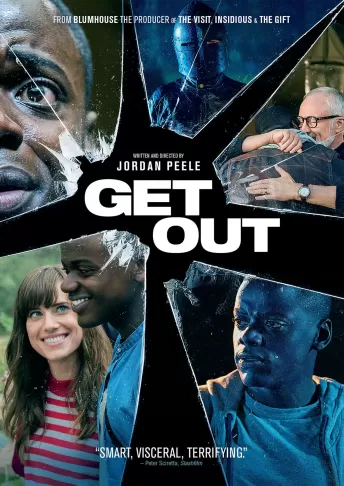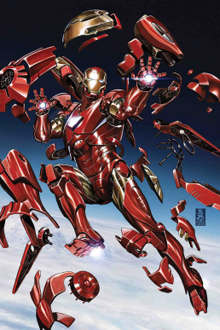
Storytelling:
The story of Get Out centers on Chris Washington, a young African American man who meets Rose Armitage, a white woman, and discovers some dark and unsettling secrets. As Chris and Rose meet each other's parents, they mark a significant turning point in their relationship. Chris discovers various sinister secrets throughout the course of the weekend and learns that Rose's claim that he was her first black boyfriend is untrue. It is revealed that Rose's family implants their brains into other people's bodies to give them desired physical qualities and a perverted version of immortality after Rose's hypnotherapy mother hypnotizes him and knocks him out. Missy then performs hypnosis on Chris, but he blocks the hypnosis by plugging his ears with cotton stuffing and goes on a bloody rampage to escape from the house.
Cinematography:
The cinematography was amazing in this film. Because they enable the audience to see what Chris is seeing, point-of-view shots, or POV views, are crucial in this movie. Thanks to computer graphics, Chris is made to appear to be floating in the dark, with only a little screen showing him what is happening in reality. Close-up views are also crucial, like when Chris turns to face the camera and notices a tiny figure in the distance or the close-up pictures of Chris' face while he is being hypnotized. Another key close-up shot is of the objects. For example, as Chris was being hypnotized, they got a close-up shot of his nails digging into the chair and a close-up of his face with tears pouring down and his eyes being bloodshot. These close-ups allowed the audience to experience the scene further.
Cultural Relevance:
The center of this film revolves around race, so there is a lot of cultural relevance. I like how the film did its research and used that in the film. For example, in the hypothesizing scene when Missy uses the teacup to hypnotize him, back when there were still slaves, the wives would use a spoon and teacup to call in the slaves. I also liked how the interior design reflected that southern look from the past. This film catches you off guard; it is very abstract but discusses an important topic.


No comments:
Post a Comment